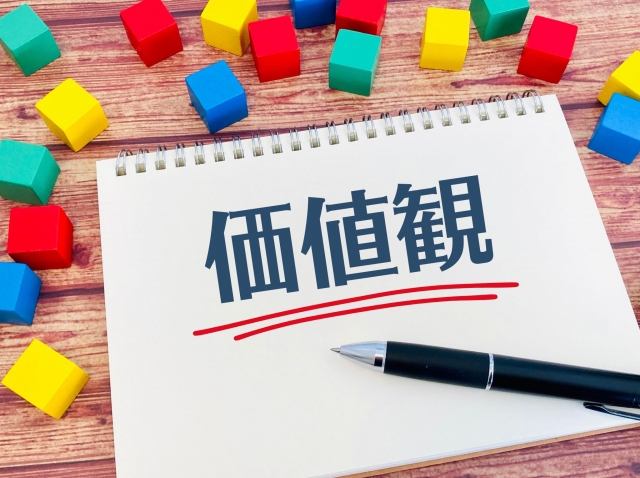Even among people of the same nationality, there are differences in the way of thinking, and these differences are even greater when people are born and raised in different countries.
In particular, the way of thinking about work differs greatly depending on the country.
I am sure that many of you have experienced the difference in the way of thinking between people of different nationalities when you are actually working.
Those who are going to work with Japanese people will want to know such differences beforehand.
In this article, we would like to explain such “differences in the way of thinking about work between Japanese and non-Japanese.

Click here to learn Japanese language with the best one-on-one Japanese tutoring lessons in online classes.
Differences in Work Attitudes between Japanese and Foreigners
Let’s begin by listing the specific differences between Japanese and non-Japanese in the way they think about work.
Difference in the way of thinking about time
Time” is very important in business.
Since you have to achieve maximum results in a limited amount of time, how efficiently you can do your job is an important point.
Japanese people have a very high awareness of time, and will arrive at a place 10 minutes before the set time.
However, many non-Japanese nationals think that it is enough to arrive at the designated time.
Some people may think that being a little late is not that much of a problem.
Many foreigners must be surprised when they start working in Japan and get angry just for being a few minutes late for work.

Differences in thinking about overtime work
Many Japanese people tend to work with the idea of finishing the work in front of them on the same day.
This is why the concept of “overtime work” remains strong even today.
Foreigners tend to work as much as they can within the working hours, so they rarely think that they have to work overtime to get the job done.
This may give the impression that Japanese people are hard workers, but in reality there are many cases where this is not the case.
Japanese people tend to have a mindset of “it’s okay if I work overtime,” which can be seen as a weakness in their ability to efficiently organize and concentrate on their work.
On the other hand, foreigners think about how to increase productivity (how to do their work efficiently) within a given time frame, and therefore are able to organize their work better and concentrate more on their work.
Difference in awareness of “nemawashi” (preparation)
The word “nemawashi” is familiar to Japanese people.
In other words, it can be considered as “preparation.
By working in advance and encouraging other departments to work with you in order to facilitate future work, you can ensure the smooth and successful completion of important tasks.
This sounds like a good thing, and in fact it often has a positive impact, but it can also lead to spending too much time laying the groundwork and neglecting the work that needs to be done.
Foreigners do not often think in terms of “laying the groundwork.
They may try to work efficiently within a given time frame, but they may recognize that it is pointless to make advance preparations outside of that time frame.
Differences in Personal Importance
Japanese people do not make decisions alone, even if they are the best at their jobs.
They tend to always value the group (organization), and individual play is even considered “bad.
However, foreigners tend to respect individual opinions and do not make decisions or take action as a group.
Both have their merits and demerits.
When a group makes decisions and acts together, it is possible to avoid the risk of placing the responsibility on one person and to make the best decision after considering various opinions.
On the other hand, however, the responsibility of each individual is very small, so there is no expectation of job satisfaction or growth.
If you work in Japan without knowing anything about it, you may be surprised at the “follow the right” value system of the Japanese people.
It is important to know that if you assert your personal opinions too much in a Japanese company, you run the risk of being perceived as a “person who disturbs harmony.

Differences in Attitudes Toward Communication
In many cases, Japanese people do not actively communicate with each other, even if they are employees or supervisors working in the same company.
While they naturally place importance on communication that is important for work, such as reporting, contacting, and consulting, they do not think about communicating more than necessary.
Even in meetings where major decisions are made, they are rarely assertive.
They are not interested in heated discussions.
Foreigners tend to place great importance on communication and are assertive.
By being assertive, they are able to pursue results without compromise.
Many foreigners who start working in Japan are surprised by the Japanese reluctance to communicate.
Conclusion
In this article, we have explained the difference in the way Japanese and non-Japanese think about work.
The way of thinking about work differs greatly just because of the difference in nationality.
In particular, Japanese people’s sense of values toward work differs in many areas from those of people in Europe and the United States, and foreigners may face many difficulties when they start working in Japan.
If you are likely to work in Japan in the future, please be aware of these differences.










